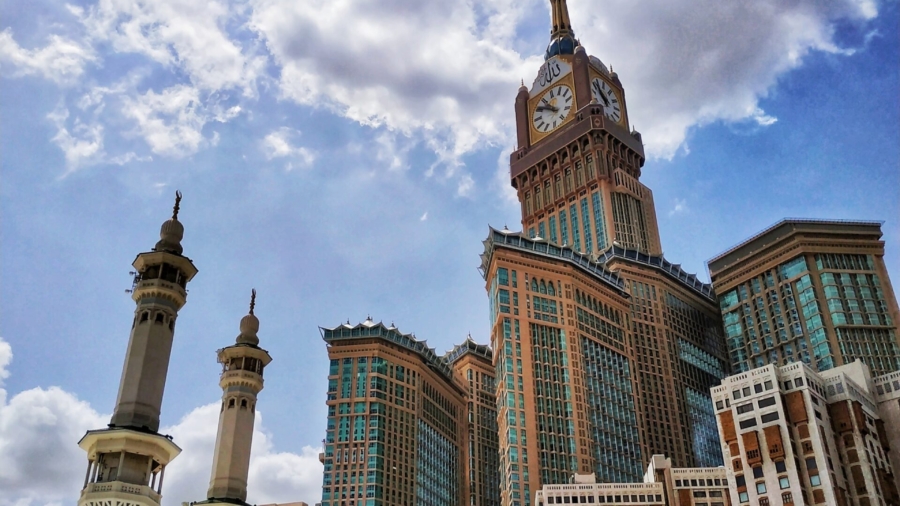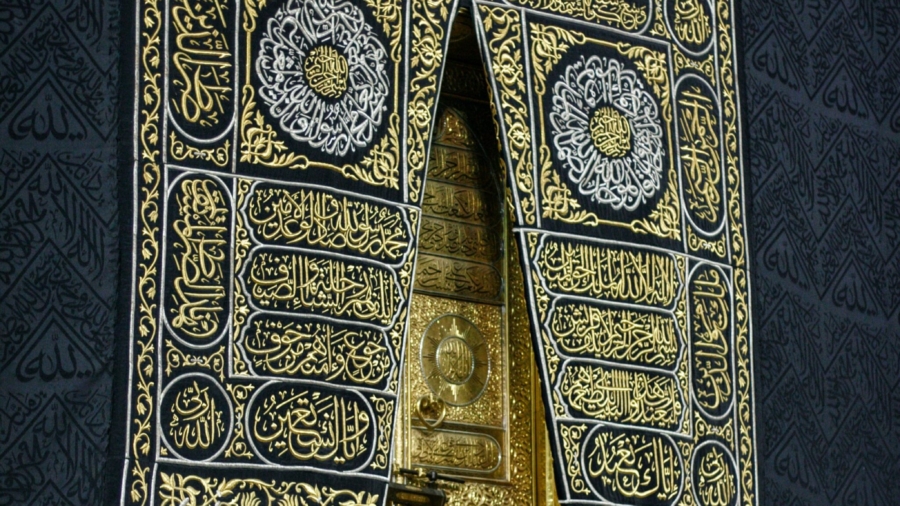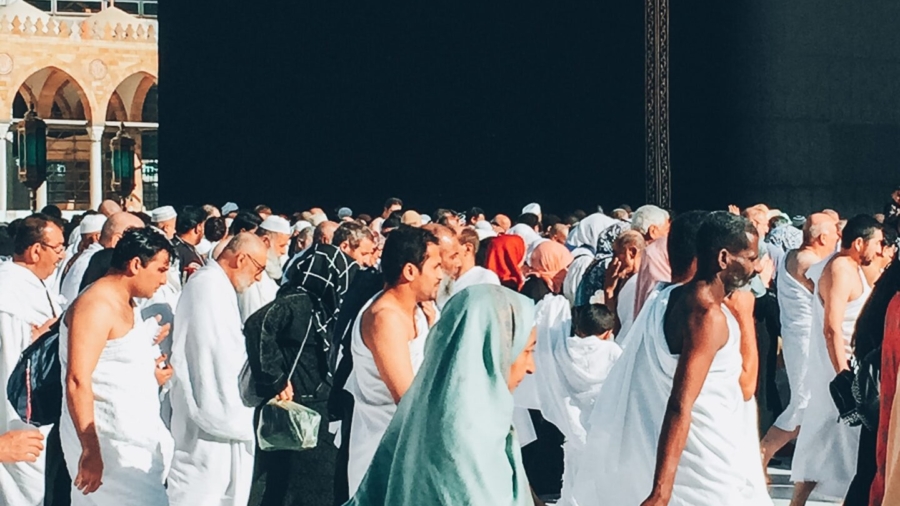
“Our Lord! Give us in this world that which is good and in the Hereafter that which is good, and save us from the torment of the Fire!”
200. So when you have accomplished your Manasik, remember Allah as you remember your forefathers or with far more remembrance. But of mankind there are some who say: “Our Lord! Give us (Your bounties) in this world!” and for such there will be no portion in the Hereafter.) (201. And of them there are some who say: “Our Lord! Give us in this world that which is good and in the Hereafter that which is good, and save us from the torment of the Fire!”) (202. For them there will be alloted a share for what they have earned. And Allah is swift at reckoning.)
Allah encourages calling Him in supplication after remembering Him, because this will make it more likely that the supplication will be accepted. Allah also criticizes those who only supplicate to Him about the affairs of this life, while ignoring the affairs of the Hereafter. Allah said:
(But of mankind there are some who say: “Our Lord! Give us (Your bounties) in this world!” and for such there will be no portion in the Hereafter.) qmeaning, they have no share in the Hereafter. This criticism serves to discourage other people from imitating those mentioned.
Sa`id bin Jubayr said that Ibn `Abbas said, “Some bedouins used to come to the standing area (`Arafat) and supplicate saying, `O Allah! Make it a rainy year, a fertile year and a year of good child bearing.’ They would not mention any of the affairs of the Hereafter. Thus, Allah revealed about them:
(But of mankind there are some who say: “Our Lord! Give us (Your bounties) in this world!” and for such there will be no portion in the Hereafter.)
The believers who came after them used to say:
(Our Lord! Give us in this world that which is good and in the Hereafter that which is good, and save us from the torment of the Fire!”)
Next, Allah revealed:
(For them there will be alloted a share for what they have earned. And Allah is swift at reckoning.)
Hence, Allah praised those who ask for the affairs of both this life and the Hereafter. He said:
(And of them there are some who say: “Our Lord! Give us in this world that which is good and in the Hereafter that which is good, and save us from the torment of the Fire!”)



